Reflecting on Thinking and Democracy in Greece
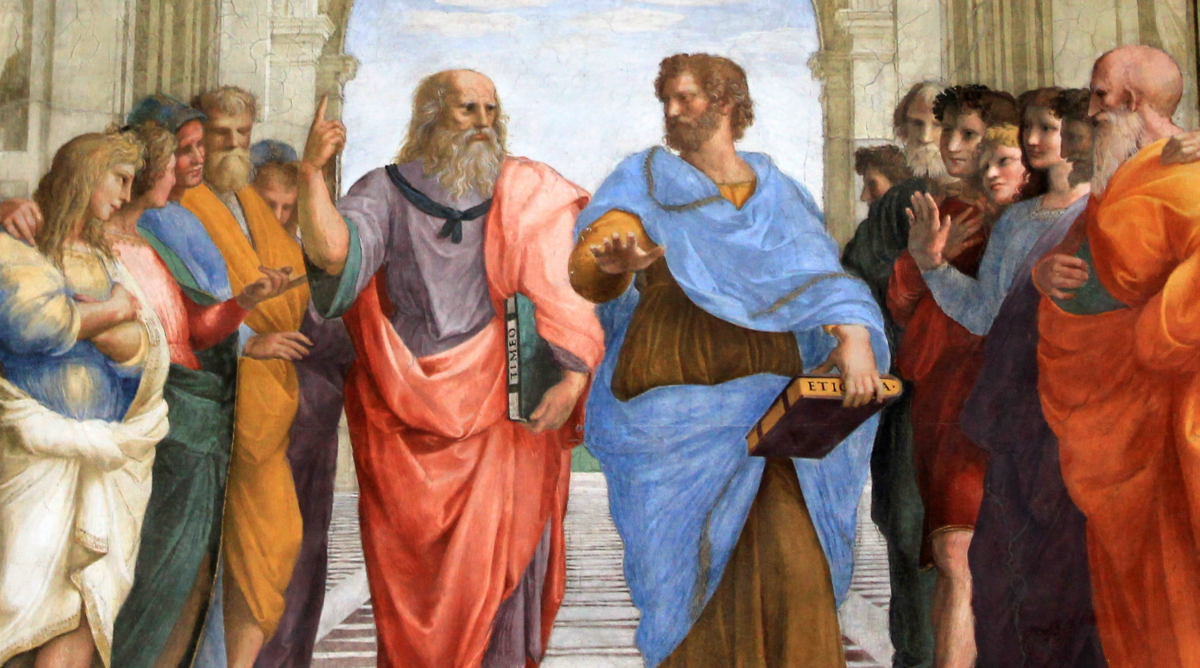
Our family was fortunate to visit Athens, Greece this summer, where you cannot help but reflect on Socrates, Plato, Aristotle, and thinking in general—even while sweating profusely. These great philosophers lived almost 2500 years ago. They had some similar and some different philosophies, but they were all deep thinkers who inspired others as teachers.
Philosophy is the study of truths about the world and our place in it. Philosophers use reason, logic, and critical thinking to explore questions about the nature of reality, knowledge, morality, and beauty. The term comes from the Greek words “philo” (love) and “sophia” (wisdom), so a philosopher is literally a lover of wisdom. Philosophers seek to learn more about the world and understand the meaning of life. Do we philosophize enough these days? Why not?
I also pondered the concept of democracy, which originates from the Greek words ‘demos’ meaning citizen and ‘kratos’ meaning power or rule. (My fellow movie lovers are no doubt thinking about Windex.) Athenians practiced one of the earliest examples of Western democracy during this time. (I use “Western” to avoid any false claims of exceptionalism, recognizing that other forms of democracy emerged independently, such as the Iroquois Confederacy, Mayan city-states, the timawa system of the Kalinga people, and the mbari system of the Kikuyu people.) What was the relationship between Athenian democracy and deep thinking?
Fast-forward to today. Do we, as a society, value thinking more or less? Does it vary based on cultures and other attributes? Do religions and affiliations encourage profound contemplation or blind adherence to doctrine? Do we truly comprehend cognition and appreciate the value of thinking, or are we inclined to blame and delegate governance responsibilities to others?
I believe that Homo sapiens’ capacity to think has increased, but what about our desire? What does it signify if we neglect cognition, the science of learning, and even philosophy in our schools? I hope that advancements in our understanding of cognition and learning will usher in another golden age of thoughtful inquiry, unhampered by AI. However, I also observe a growing trend of intellectual passivity in favor of information consumption, groupthink, and bias blindness. Perhaps we are simply overwhelmed by the information explosion and need time to adjust. One thing is certain: the promise of collective progress in thinking and decision-making hinges on an accelerated evolution of our educational systems.



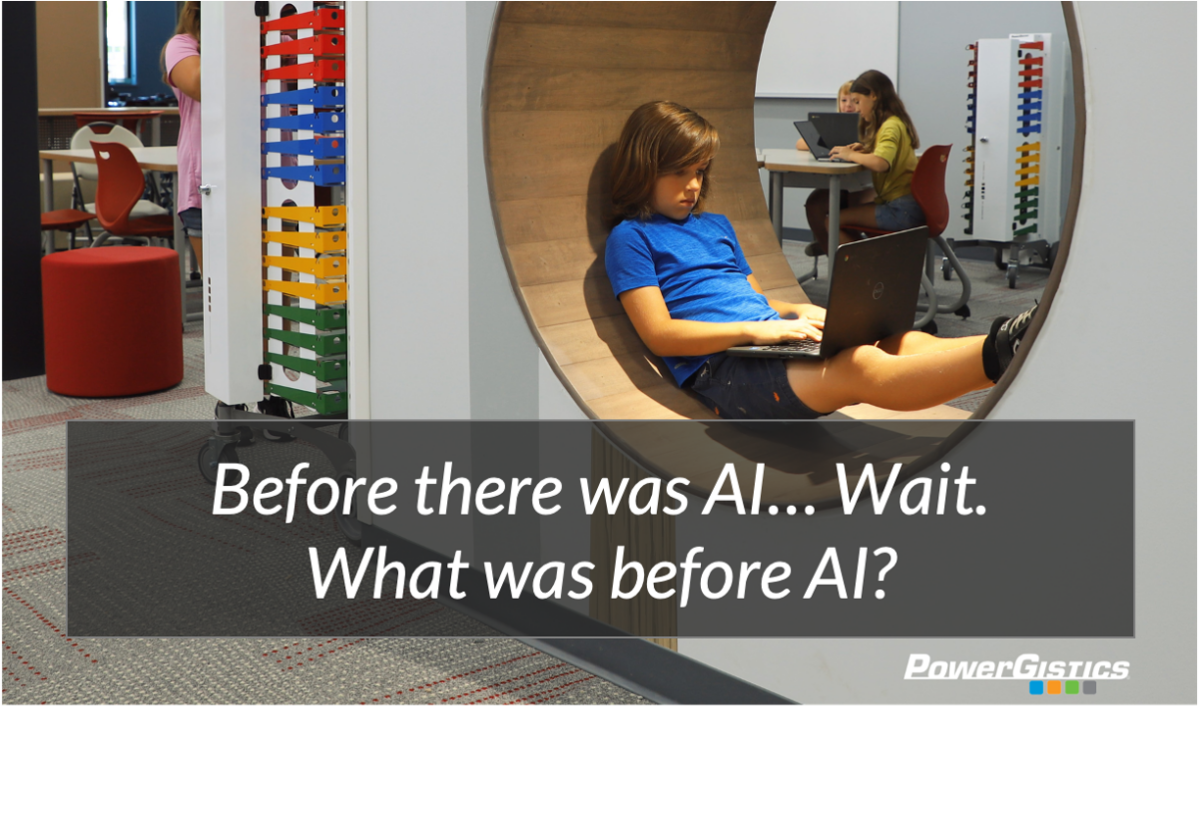
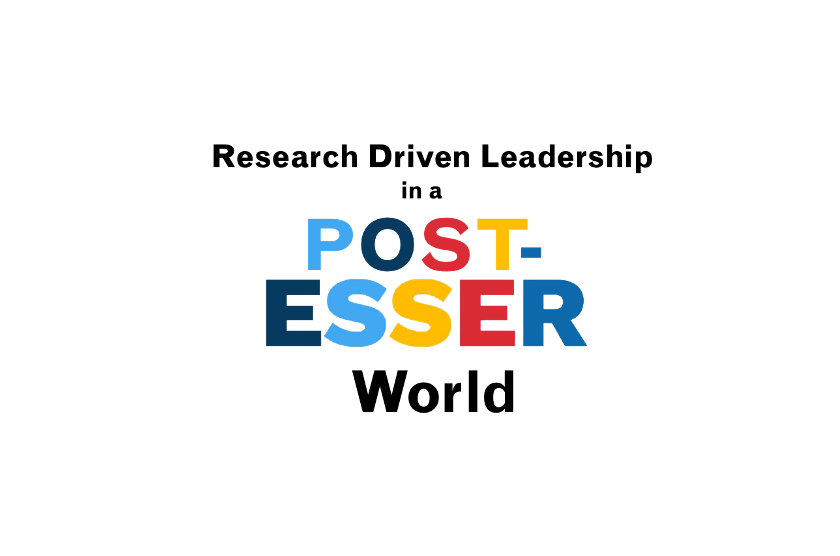
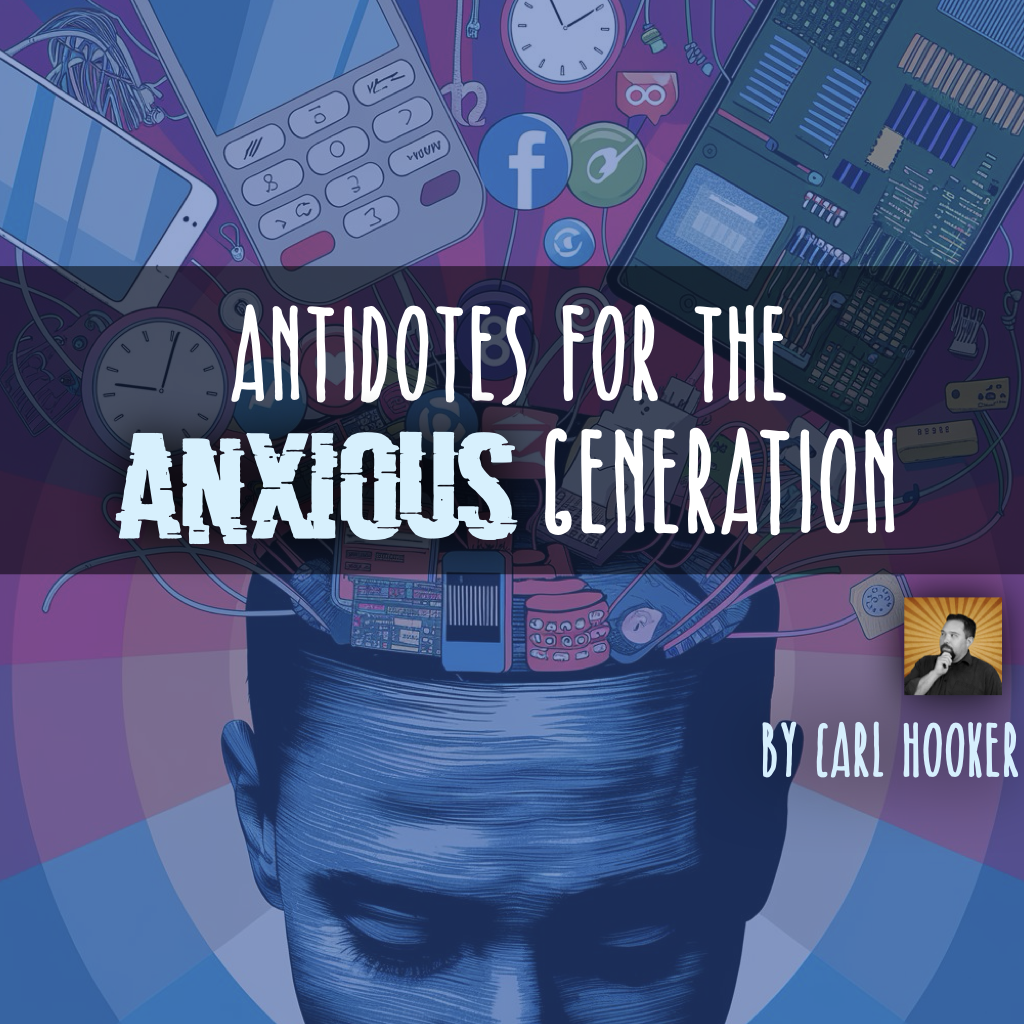
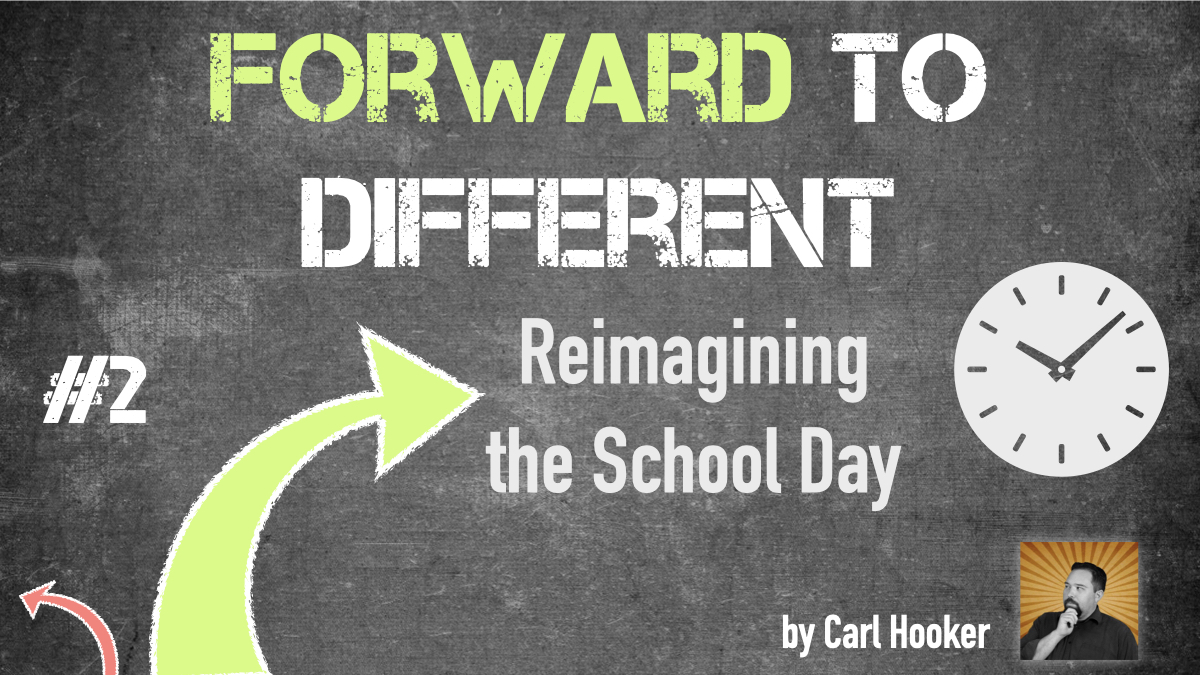
Responses